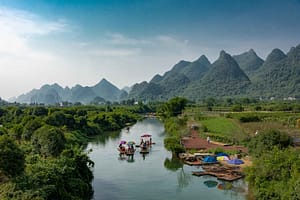To provide case studies on AWM in a range of challenging contexts, the project has selected five focal countries:
Nepal—a post-conflict country, where farmers also have the challenges of lack of roads connecting them to input supplies and markets, a weak agricultural research and extension system, and undeveloped and poorly maintained irrigation facilities. Learn more…
Sri Lanka—a country emerging from 20 years of civil conflict, which has left people in the north and east of the country deeply mired in poverty and without infrastructure for transportation, power supply, communications and irrigation. Learn more…
Burkina Faso—one of the poorest countries in the world; frequent droughts and lack of infrastructure and services prevent the majority of its citizens from moving beyond subsistence agriculture. Learn more…
Ethiopia—a ‘decentralizing environment’ made even more challenging by the devastation caused by many years of dictatorship and civil war. Farming communities are impacted by continuing conflicts within the country and just over its borders and by AIDS, extreme land degradation and high rainfall variability. Learn more…
Ghana—a country with a highly volatile agricultural sector due to a high dependence on rainfed farming. The fragile soils and climatic factors make many parts of the country prone to desertification. Land tenure arrangements and the lack of local, farmer-based and community-based organizations are also holding the country’s farmers back. Learn more…











